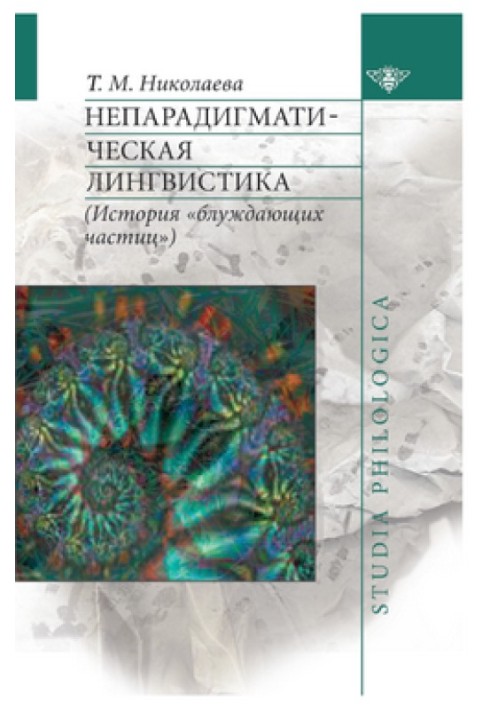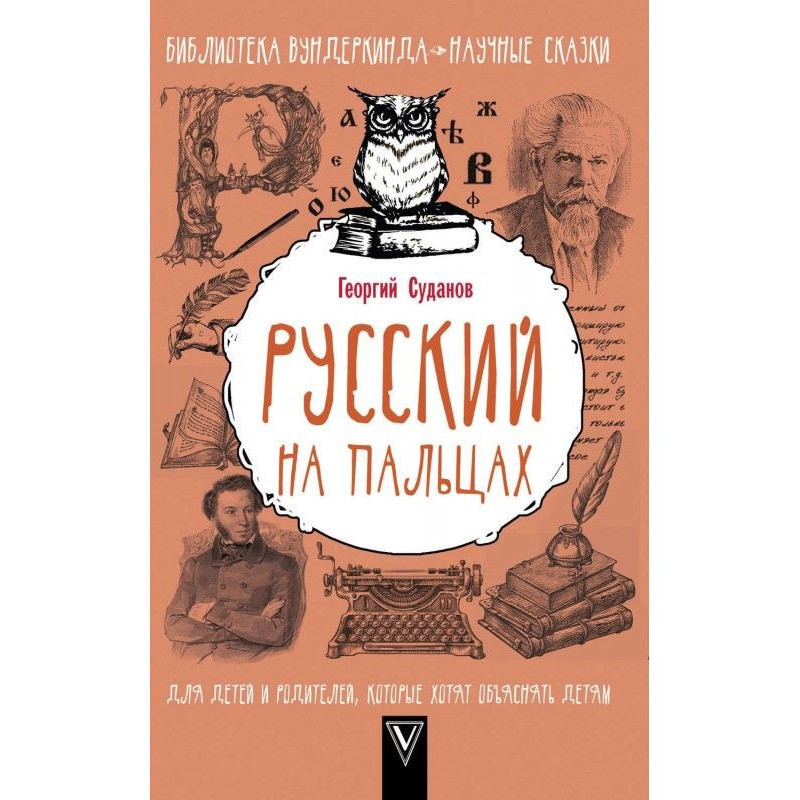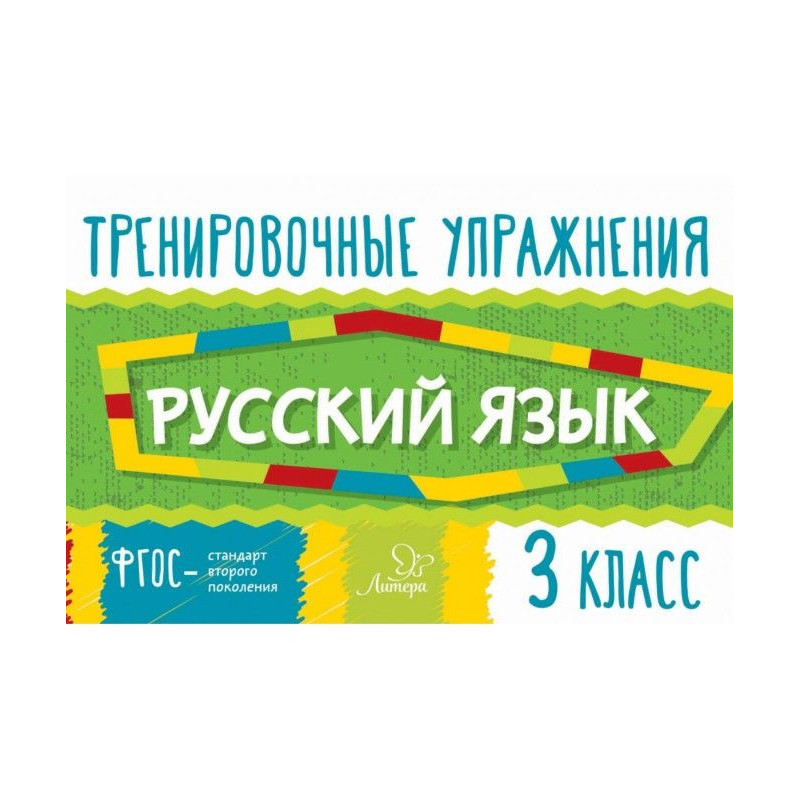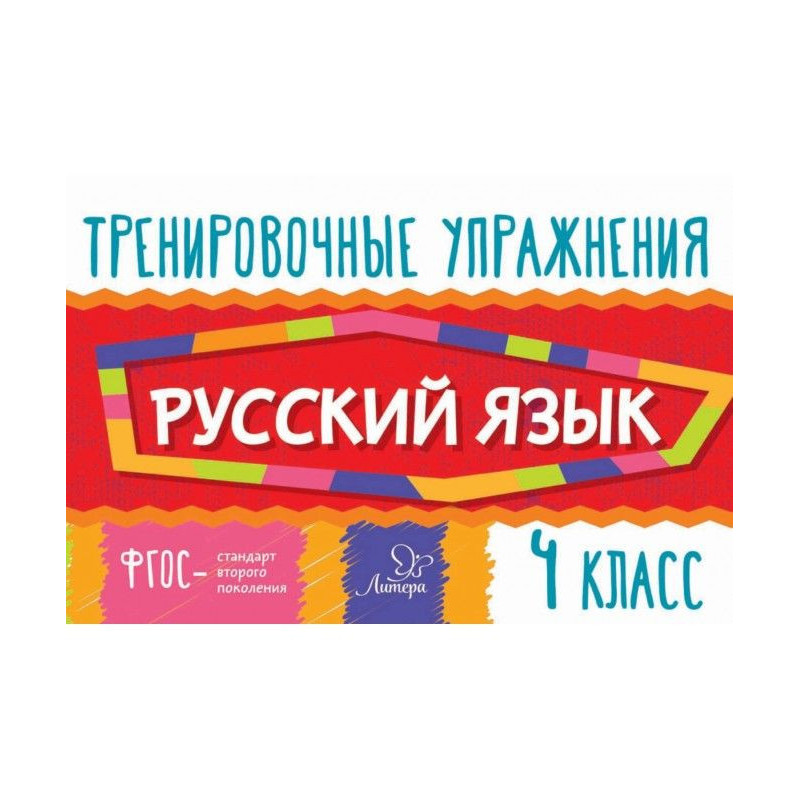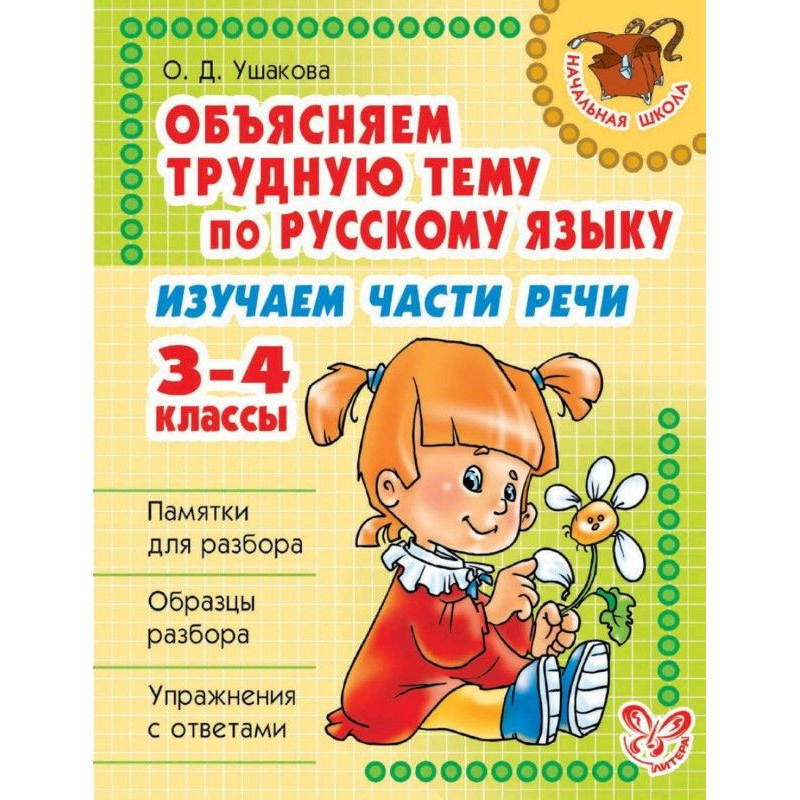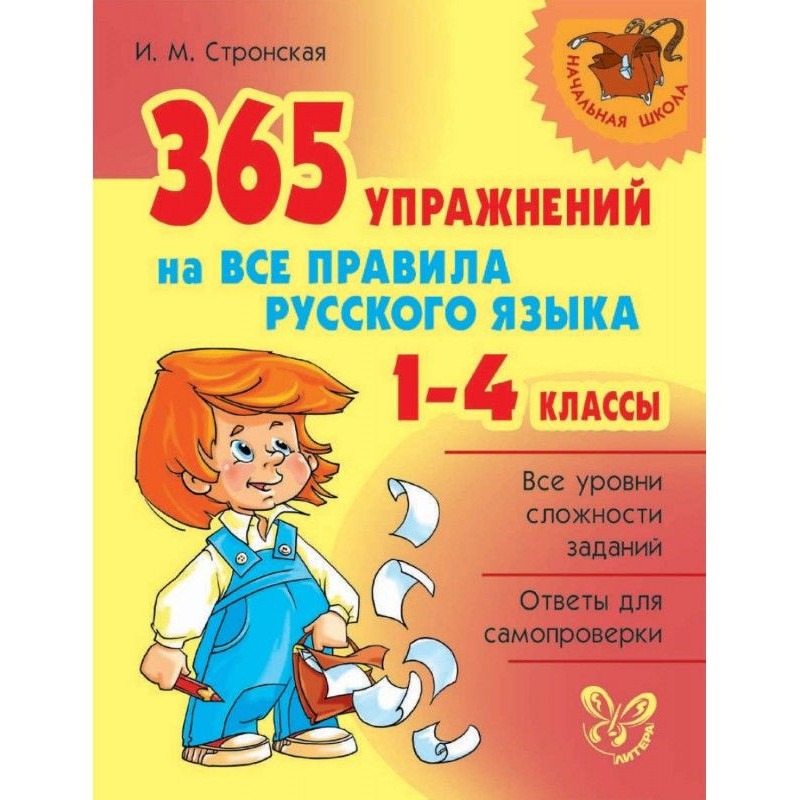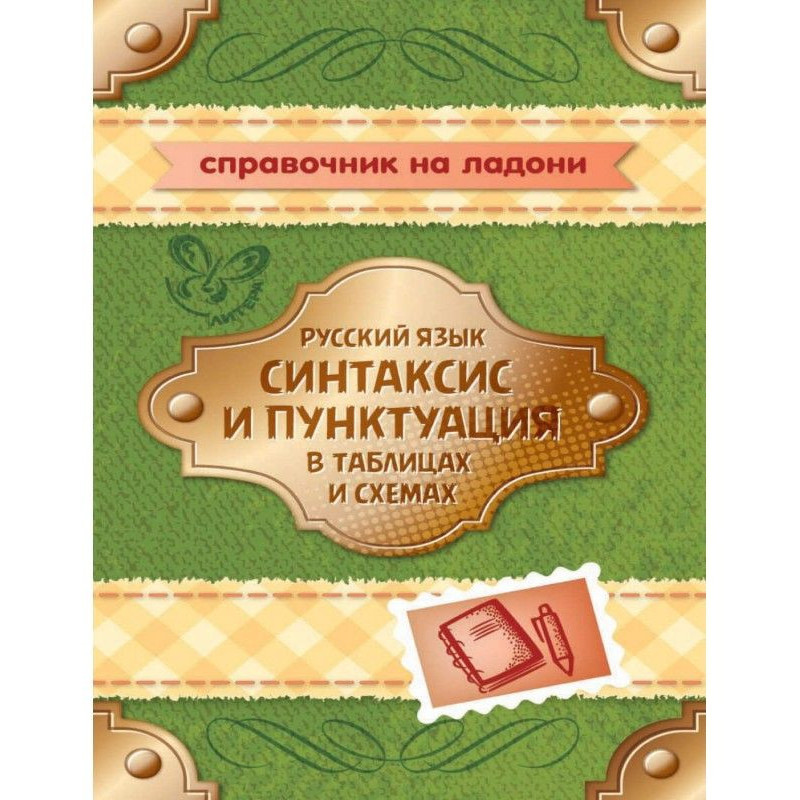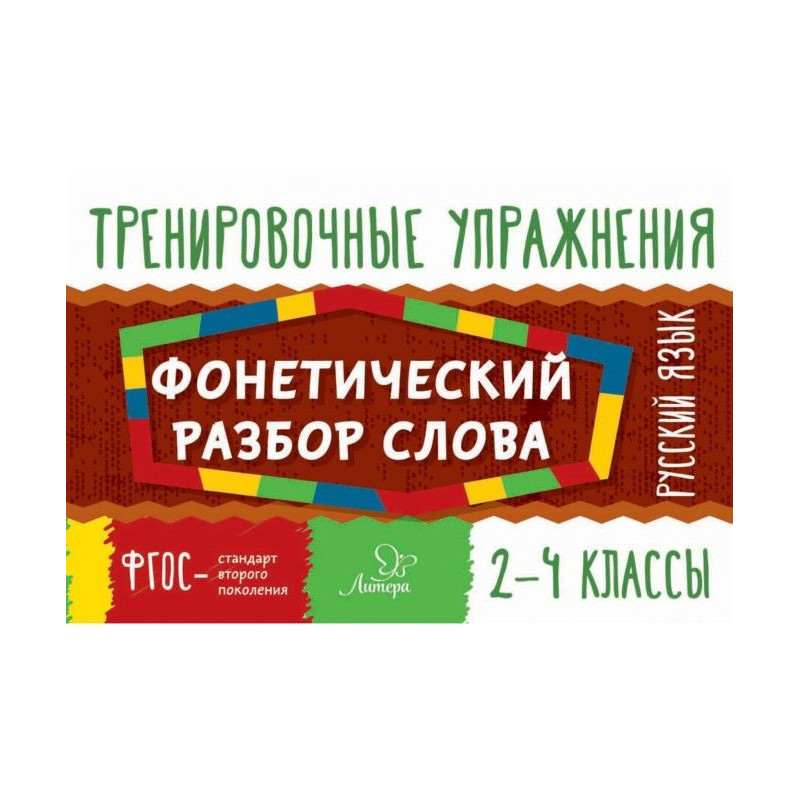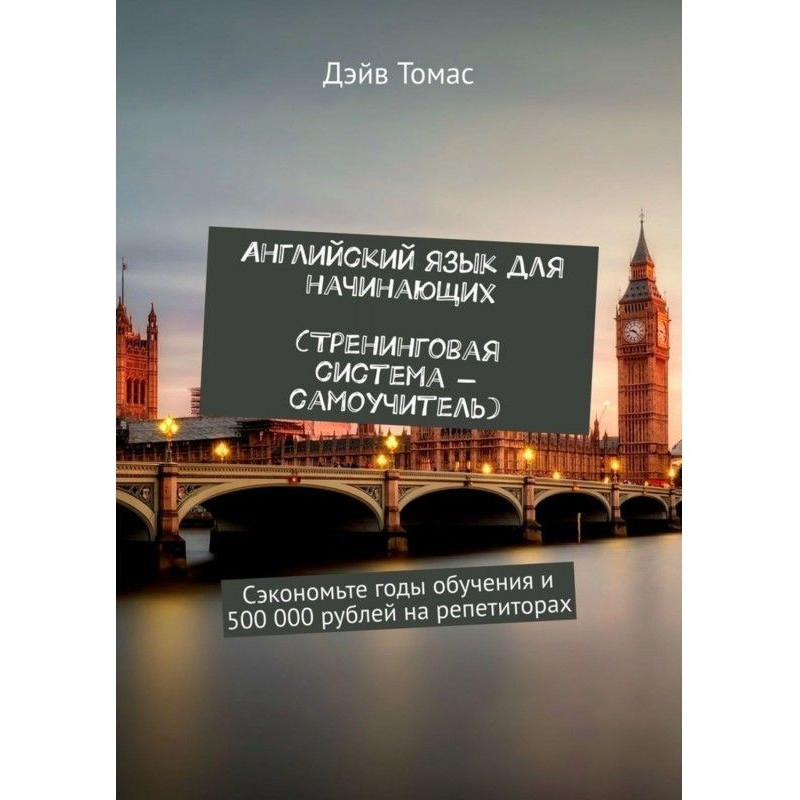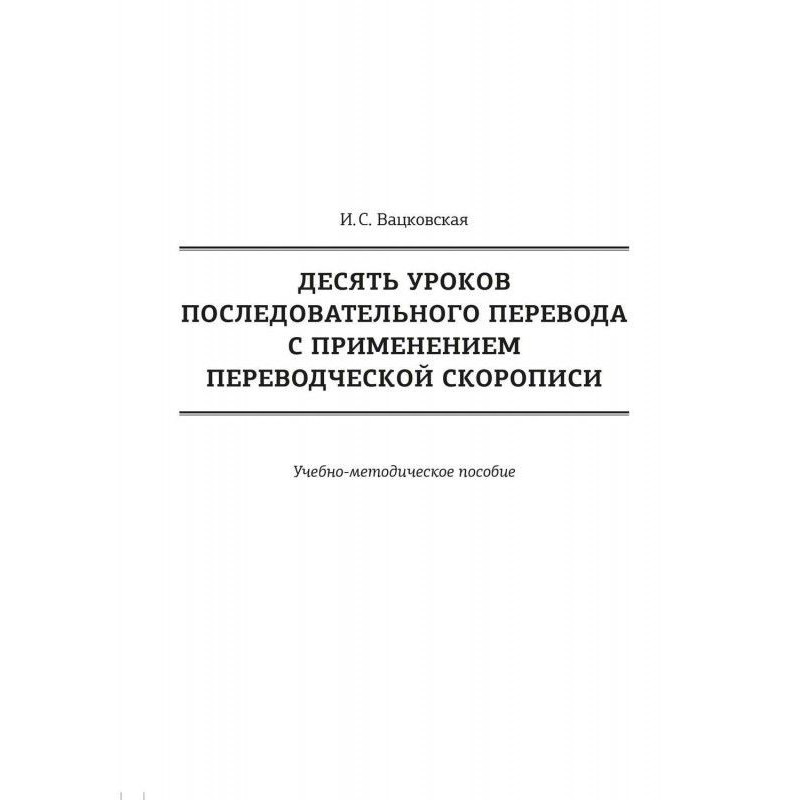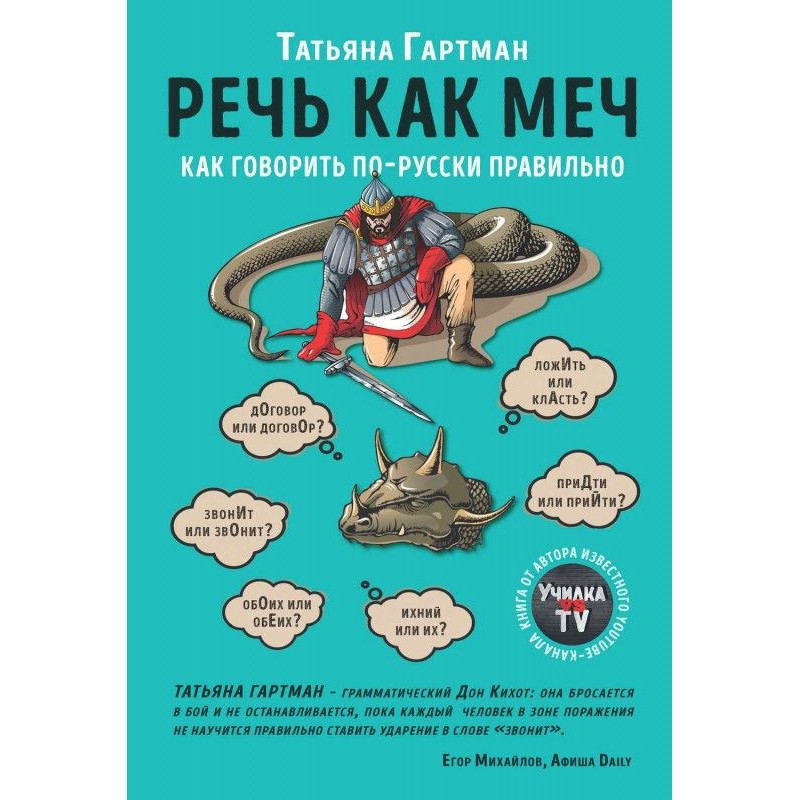Non-paradigmatic linguistics
 Instant download
Instant download
after payment (24/7)
 Wide range of formats
Wide range of formats
(for all gadgets)
 Full book
Full book
(including for Apple and Android)
This monograph is devoted to a layer of language that has not previously been completely described in linguistics—particles. The first paragraph of the book (“Some introductory considerations”) emphasizes the fundamental difference between particles and what is commonly called particles. The author identifies the reasons for traditional linguistics' rejection of this linguistic layer. The role of particles in the formation of Indo-European paradigms is demonstrated. It is also shown that at earlier stages of existence the Slavic languages had much more similarities. Therefore, for example, Old Russian is closer to Old Church Slavonic (not only in composition, but also in “particle abundance”) than modern Russian. Finally, it is also significant that in one language particles are preserved only in phraseological units, while in others they are used freely. The works of classics of linguistics are widely used: F. Bopp, B. Delbrück, K. Brugmann, F. Specht and others, as well as works of the most recent years.
Data sheet
- Name of the Author
- Татьяна Николаева Михайловна
- Language
- Russian
Reviews
Вражаючий внесок у мовознавство
Ця монографія "Непарадигматична лінгвістика" є справжнім відкриттям для всіх, хто цікавиться мовою та її структурою. Автор детально досліджує раніше мало вивчений пласт мови – партикули, що відкриває нові горизонти для розуміння мовних явищ. Відзначаючи принципову відмінність партикул від частинок, автор вміло аргументує, чому традиційна лінгвістика уникала цього аспекту. Книга насичена глибокими аналізами та прикладами, що ілюструють роль партикул у формуванні індоєвропейських парадигм. Особливо вражає, як автор порівнює давньоруську та старослов'янську мови, підкреслюючи їхні спільні риси та відмінності. Використання класичних робіт мовознавства надає книзі додаткової ваги та авторитетності. Це видання стане незамінним ресурсом для дослідників, студентів та всіх, хто прагне глибше зрозуміти складність і красу мови.

